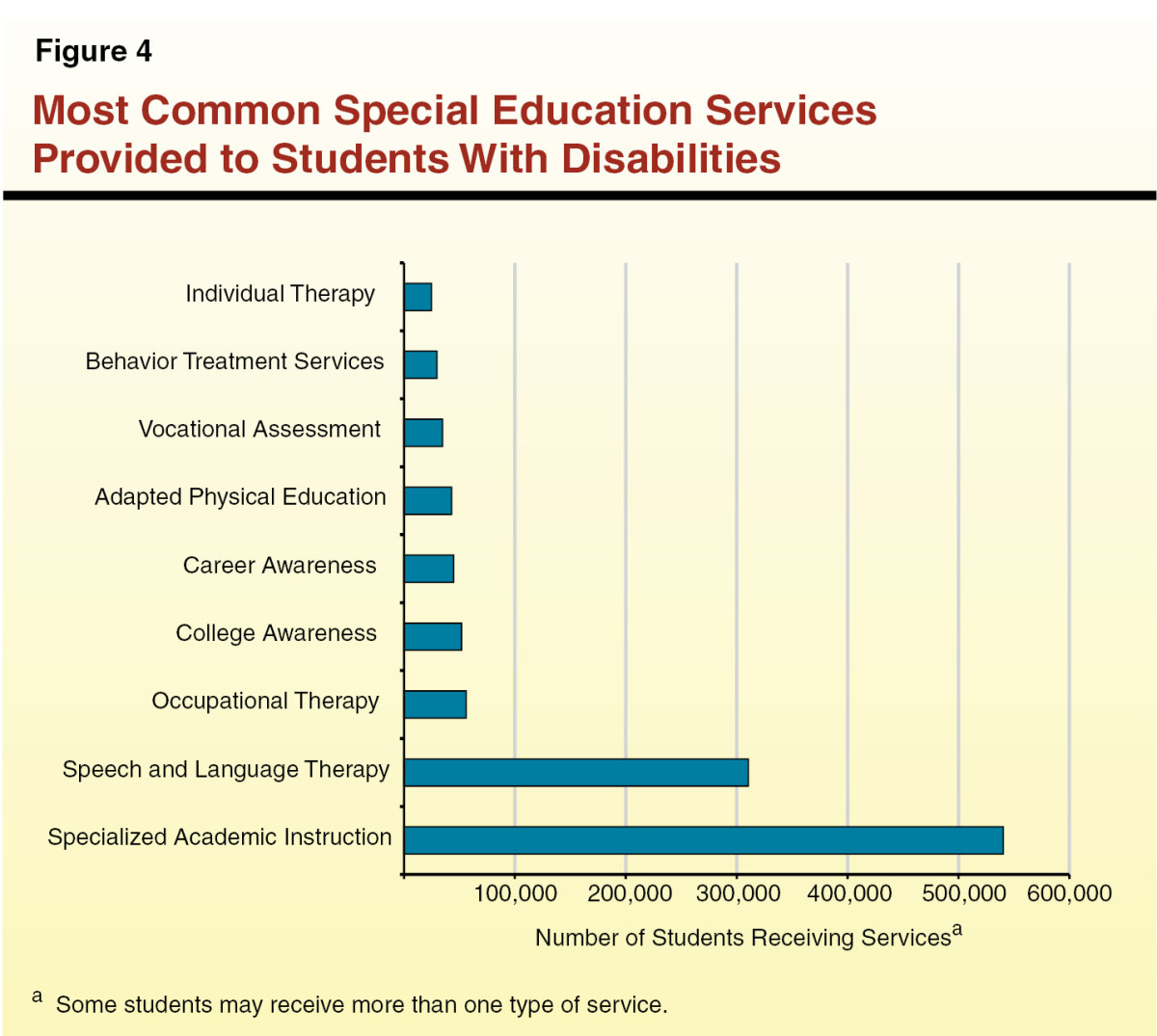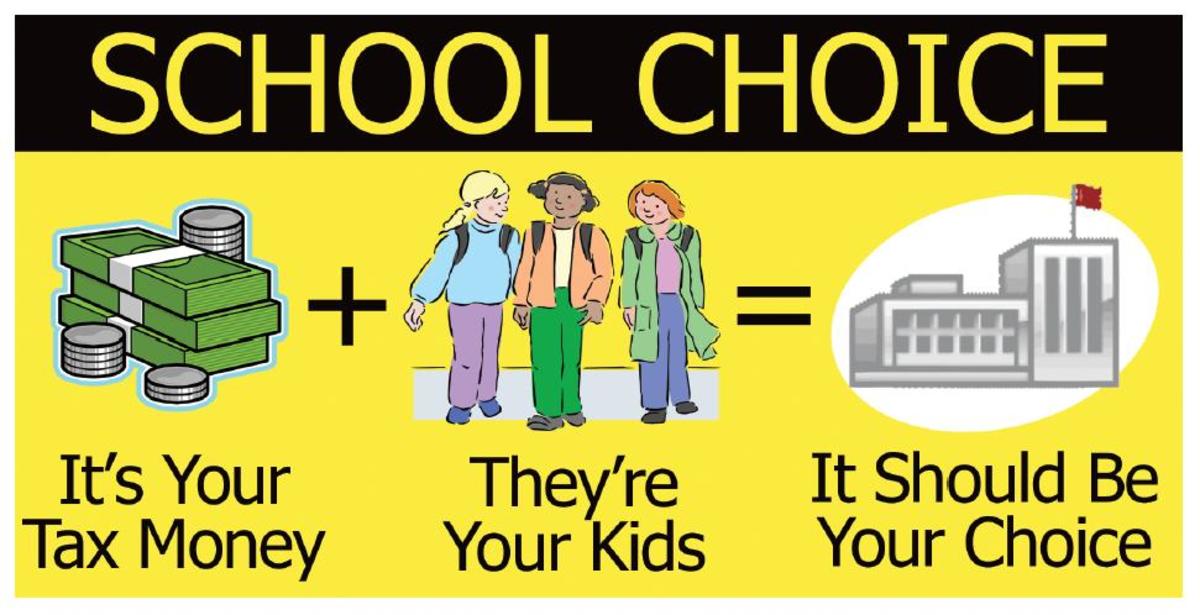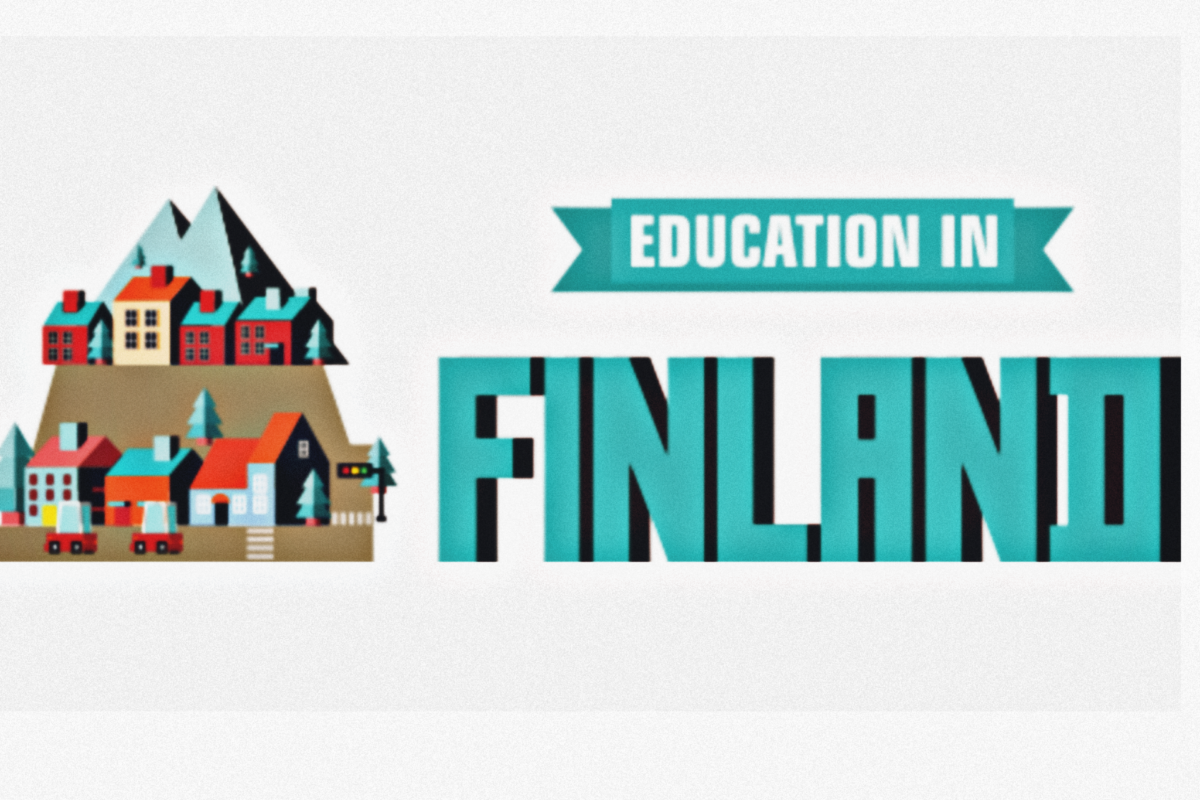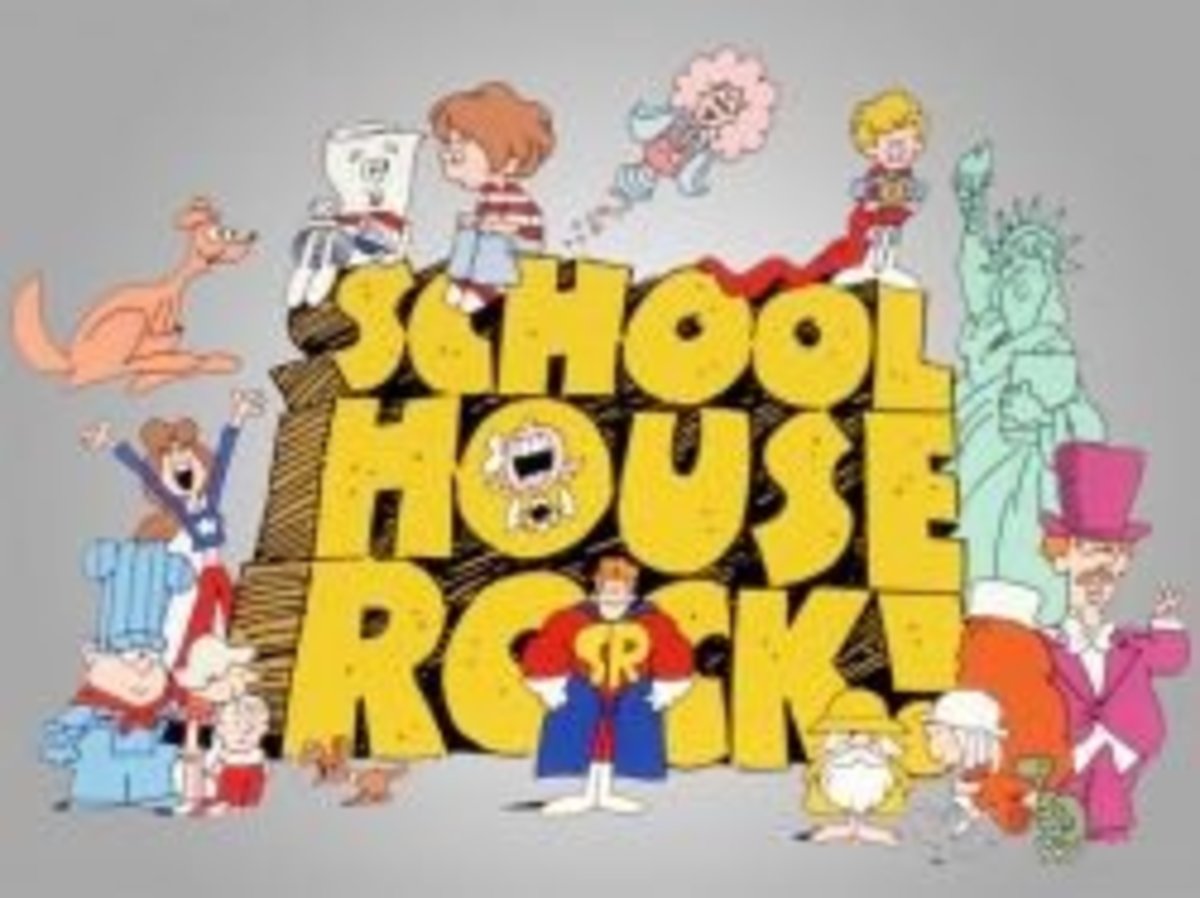Ford Nation's Cuts Could Kill Opportunities For Credits
Ford Nation: Kids Want To Graduate, And You're Going to Make It Even Harder

If Classes Don't Run, Where Are Kids Getting Their Credits?
In Ontario, Canada, the Conservative government led by Premier Doug Ford has effectively slashed and burned countless jobs and opportunities for growth in the education sector. Unfortunately, while he says he is making the education system more "modern" or more "efficient," he is also making it far more challenging to see teenagers graduate from high school.
The current requirements for an Ontario Secondary School Diploma, or OSSD, is as follows, according to Ontario's Ministry of Education:
- "4 credits in English (1 credit per grade)
- 3 credits in mathematics (1 credit in Grade 11 or 12)
- 2 credits in science
- 1 credit in Canadian history
- 1 credit in Canadian geography
- 1 credit in the arts
- 1 credit in health and physical education
- 1 credit in French as a second language
- 0.5 credit in career studies
- 0.5 credit in civics
Plus one credit from each of the following groups:
Group 1:
- English or French as a second language
- a Native language
- a classical or an international language
- social sciences and the humanities
- Canadian and world studies
- guidance and career education
- cooperative education
Group 2:
- health and physical education
- the arts
- business studies
- French as a second language
- cooperative education
Group 3:
- science (Grade 11 or 12)
- technological education
- French as a second language
- computer studies
- cooperative education
In addition to the compulsory credits, students must complete:
- 12 optional credits
- the provincial literacy requirement
- a minimum of 40 hours of community involvement activities"
Notice the potential requirements for technological education, business education, arts education, and basically any subject that is not directly tied to the core curriculum of English, Math, Science and History or Geography. With the current layoffs mounting by the minute, or at least so it seems, the question about who will be left to teach these credits needs to be asked.
It's made very clear to any supply teacher who might have to fill in for a tech class, for instance, that students cannot run the machinery unless there's someone in the room with very specific technological qualifications - that is, qualifications that are tied directly to the course's mandate. In other words, not just "any" teacher can teach a course like cosmetology, or auto shop, or construction tech; these are teachers with very specific qualifications, and without them, we are removing potential and necessary credits for students to get.
You also need specific qualifications to teach co-operative education, qualifications to teach art, qualifications to teach French...you get the idea. Teachers are being declared redundant, and courses that they previously taught will simply not be taught, period, if there are no other qualified teachers in the school or if the remaining qualified teacher's class is full.
As a result, our students will be left trying to figure out how to fill these diploma requirements that are mandated by Ontario's own Ministry of Education. Granted, students are not left on their own to do this, as they have guidance counselors to assist them; the problem is, with the number of teachers being declared redundant in classes, there are guidance counselors who will probably be pulled out of their departments in order to teach other courses. These "other courses" won't necessarily be in the optional, or technological, or co-operative education, or arts, or languages streams, though. There might be some teachers in guidance who have these very specific qualifications, but that, I'm afraid, is not a guarantee. Also, with fewer guidance counselors (because they've had to return to the classroom to fill in the gaps that the Ford government has forced on schools), there will be fewer supports to students.
"Fine," some might say. "There's always e-learning. The Ford government wants students to take online courses, right?"
The Ford government has mandated that students take four e-learning courses starting for Grade 9 students in the 2020-2021 school year. Unfortunately, tech courses - which can frequently lead to an interest in the trades, for instance - arts courses, and foreign language courses can be extremely challenging to deliver via e-learning, so one of the only ways to take such credits and thereby meet the credit requirement needed for the Ontario Secondary School Diploma is through personal classroom experience. That will frequently require a teacher with the unique qualifications necessary for these courses, as not all teachers have the ability to teach a course like construction tech or dance or drama. The necessary credits mandated by the government for a student to graduate high school are becoming extremely difficult, if not impossible for those living in smaller communities where the teacher redundancies have cut incredibly deep, and if the courses in question can't be delivered online or through actual classroom experience, what's the alternative?
Given that a great many teachers with these unique qualifications have been declared redundant, the Ford government has put students in a precarious situation as far as their future goes. The only way to guarantee that kids can successfully attain the credits needed to graduate - which include courses in the arts, tech, language, and the like - is to have qualified teachers in these courses to teach them.
That's how you guarantee a student's future, not by crippling their education.








